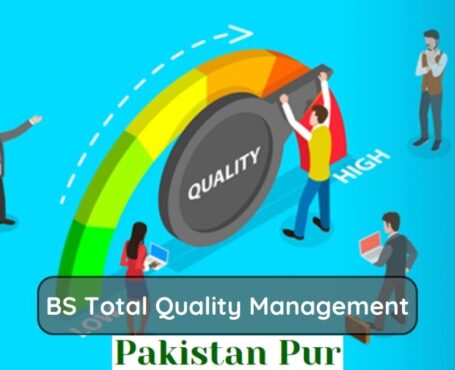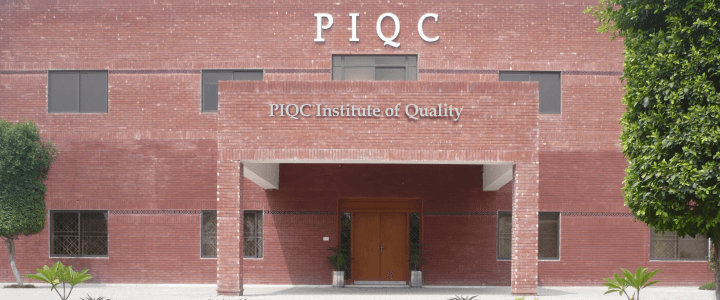
Welcome to the world of Total Quality Management (TQM), where excellence is not just a goal, but a continuous journey. As the demand for quality assurance professionals continues to soar in today’s competitive global market, a Bachelor of Science BS TQM could be your passport to a rewarding career.
In this comprehensive guide, we will delve into the top universities offering this specialized program, the unique courses that form the core of the curriculum, and the essential books that will enrich your learning experience.
Table of Contents
What is TQM?
“TQM 4 years BS focuses on improving the quality of products and services offered by businesses, with the ultimate goal of enhancing customer satisfaction and profitability.”
Eligibility Criteria
Typically, to be eligible for the BS TQM program, applicants need to have completed their Higher Secondary Certificate (HSC) or an equivalent Grade 12 education. This aligns with a general requirement for admission into bachelor (honors) degree programs in Pakistan.
Read this article to understand the scope and salary of total quality management professional in Pakistan.
BS Total Quality Management Scope In Pakistan | TQM Scope
Universities for BS Total Quality Management
Several universities and colleges in Pakistan are offering BS Total Quality Management programs, both regular and online. Some of the prominent ones include:
PIQC Institute of Quality, Karachi and Lahore
The Pakistan Institute of Quality Control (PIQC) offers a robust and comprehensive Bachelor of Science (BS) program in Total Quality Management (TQM) in Collaboration with Hamdard University Karachi.
This 4-year degree program provides an ideal blend of technical and managerial courses, preparing students for a successful career in technical and industrial organizations.
BS Total Quality Management Courses
In the BS Total Quality Management program at PIQC, the coursework is designed to gradually build your understanding of quality management principles and their application in real-world scenarios. Here is a brief overview of the semester-wise course breakdown:
First Semester
- Introduction to Quality Management
- Applied Mathematics
- Professional Communication
- Principles of Management
Second Semester
- Statistical Methods for Quality
- Organizational Behavior
- Operation Research
- Computer Applications in Management
Third Semester
- Quality Assurance & Control
- Supply Chain Management
- Business Ethics
- Research Methodology
Fourth Semester
- Six Sigma
- Project Management
- Business and Industrial Law
- Human Resource Management
Fifth Semester
- Total Quality Management
- Strategic Management
- Marketing Management
- Financial Management
Sixth Semester
- Quality Management System
- Environment Management System
- Occupational Health & Safety System
- Customer Relationship Management
Seventh Semester
- Lean Management
- Risk Management
- Quality in Services
- Elective Course
Eighth Semester
- Quality Auditing
- Business Policy & Strategy
- Final Year Project
Please note that this is a general course structure and may vary slightly based on the university’s curriculum revisions.

Leave a Reply